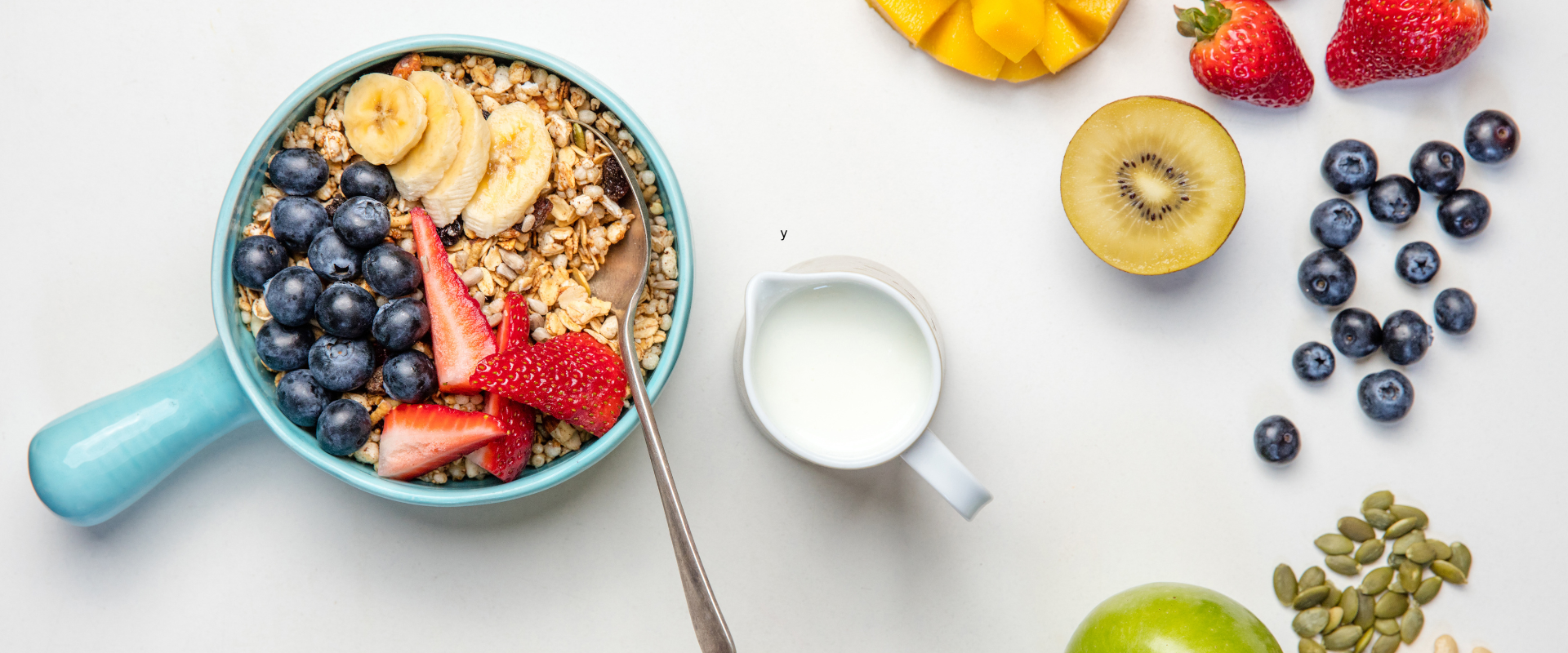Sticking to your habits
As our daily routines slowly get back to normal, it can be all-too easy to slip into bad old habits that we promised ourselves would change for the better as we ease into 2023.
After the initial flush of New Year promises start to slip, here are some simple, yet effective ways to make sure the habits stick around longer than usual.
1. Be in it for the long term
Rather than January diet plan, commit to a change that you know you can stick to for the first 3 months of the year. Make a couple of healthy tweaks to your diet that will see you though to St Patrick’s Day, when you can reassess and add the next healthy building block.
When we set ourselves on diet, or a get-fit-quick plan we are full of vigour and enthusiasm for a while, but then we can start to slip into our bad old habits just as soon as we are led into temptation.
All too often this means that we set the bar too high and expect far too much of ourselves.
Committing to one or two small changes that stick around for longer is a much more effective way to improve your health and well-being that any quick fix weight loss plan.
2. Eat for health gains, not for weight loss
Of course, lots of us want to lose a little bit of weight after Christmas, but this is often not going to be enough of an incentive to keep us eating better or exercising more.
Research shows that those people who exercise because of its mental health benefits are more likely to stick to their habit long term than those who exercise for weight loss only.
Focus your attention on how you want to feel and connect the dots - for example, perhaps you want to have more energy. Then notice how you feel after eating a belly load of sugar compared to a well balanced meal.
3. Notice your habits
Keeping a food diary for a week or so will reveal your daily habits. Once you know what your routine is, it can be easy to replace one habit with another.
For example, do you crave sweet stuff in the afternoon? If so, take a look at what you have eaten for lunch - did you eat enough? Did you eat a food that spike your blood sugar (high sugar or white/refined carbohydrates like bread for example)? Do you need a bit more protein?
5. Replace one habit with a different one
Once you know what your habits are, you can start to make some small, yet effective changes. Rebalance your lunch plate so you have less carbohydrate and more protein for example, or carry a healthy snack with you for when you get the munchies.
6. Notice your triggers
Do you crave sweet stuff when you are angry, bored, tired, stressed, or just because it is 3pm? Once you know what the trigger is, the notice what stops you eating the sweet stuff. Perhaps you have slept better, had a different lunch, or were less stressed.
Write it down so you know what your triggers are.
7. Make a change
Commit to changing just one thing. Make it something that you know you can stick too without too much an effort and can commit to for 8-12 weeks. Repeat this process every 2-3 months and by the end of the year you will have adopted some decent here habits that will rebalance and outweigh the bad habits.
8. You are not off the rails!
If you slip up, remember it is just one food, one meal or one day. Pick yourself up and start again tomorrow. You are not ‘off the rails', you are human! This is the difference between feeling like you are on a diet, our you are eating for the good of your heath. One slip up is all part of the balance.

